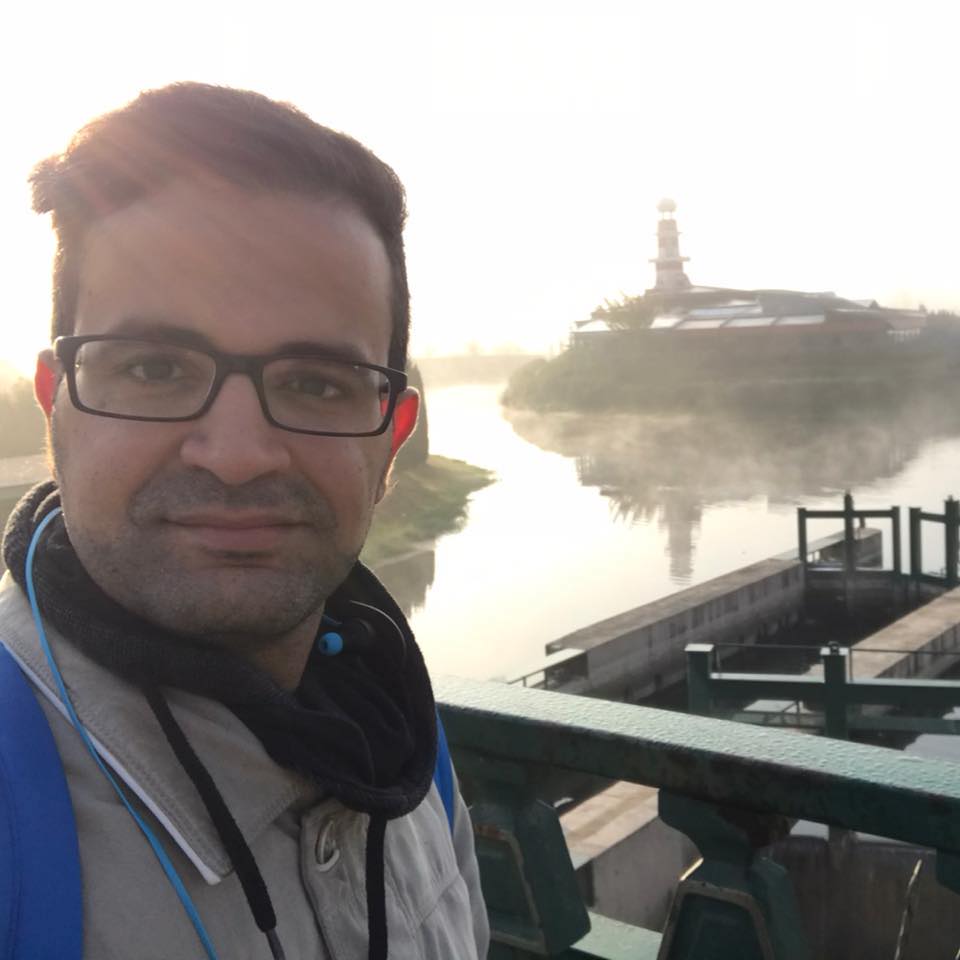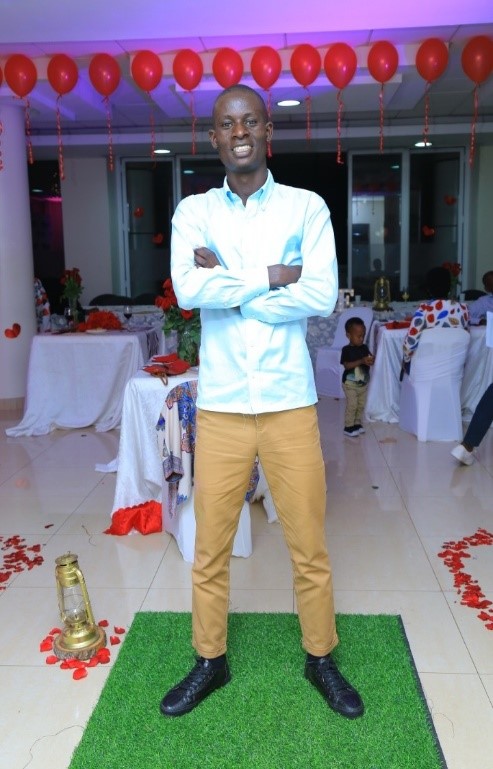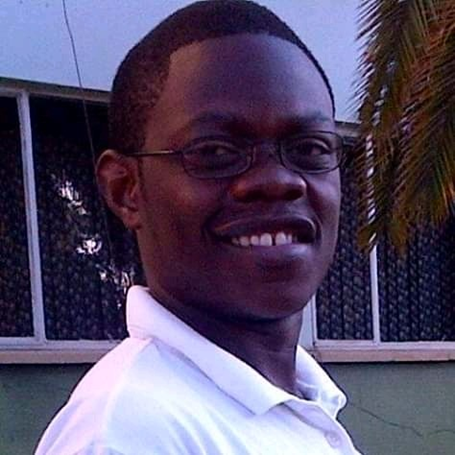Ahmed Alboraey, WYPW Member and Blue Peace Facilitator, Palestine
How has COVID-19 changed your outlook in water?
I am an agriculture engineer who hopes to achieve remarkable changes regarding food security and reduce poverty in Palestine by providing access to water. COVID-19 makes a change in water use – there is more tension in water use between hygiene to provide health protection and agriculture to provide food, so I feel we must balance the use of water effectively and sustainably between them.
How do you think this will impact your work in the future?
After the end of this challenging time, we should learn from this, humans should work together, maybe this is just a sign and we should work to improve our planet to become more sustainable, green, and work on climate change more extensively to reduce its impacts and save our Earth.
Semambo Shafic, Human Rights Activist, Uganda
How has COVID-19 changed your outlook in water?
We have increased usage of water and consumption, taking more water for drinking, at least 3 litres every day and we frequently wash our hands to improve our health. Due to heavy rains in Uganda, riverbanks have flooded and lakes have risen to extreme levels, causing destruction of people’s property and lives.
How have you adapted to the changing situation?
I have initiated the creation of water reservoirs where we collect rainwater for safety and to be used during dry seasons for irrigation and home utilization. We have sent aid to affected people by the lake and riverbanks floods.
How do you think this will impact your work in the future?
Because our community organisation works directly with vulnerable people in crisis, we tend to stand firm and advocate for our communities on pressing issues like psychological stress, socio-economic inequality, and domestic violence. I am looking for further support in eradicating these after COVID-19 for the vulnerable in our communities.
Bright Subeti, WYPW Member, Zambia
How has COVID-19 changed your outlook in water?
The outbreak of COVID-19 has shown me why water is a necessity for human survival. The fundamental role water is playing in combating the spread of the pandemic gives me thousands of reasons to why I must fight to ensure everyone have access to safe water. It is therefore my responsibility to take a leading role to effectively protect and conserve water resources to strengthen the sustainability of our lives.
How have you adapted to the changing situation?
During this period, with most of the country's economy under lockdown, I have had the privilege of basic water facilities. My passion to protect and conserve water has increased and ignited the desire to help in building resilient communities with improved water and sanitation and to help in closing the existing inequality gap of accessing safe water.
How do you think this will impact your work in the future?
The future is still uncertain, but the fight has to continue in raising awareness and advocating for challenged communities to have access to universal water and improved sanitation. I will continue to help in developing sustainable water culture in restoring the integrity of water bodies and a healthier environment.
Do you have a story to share with us? Welcome to write us on gwp@gwp.org.



